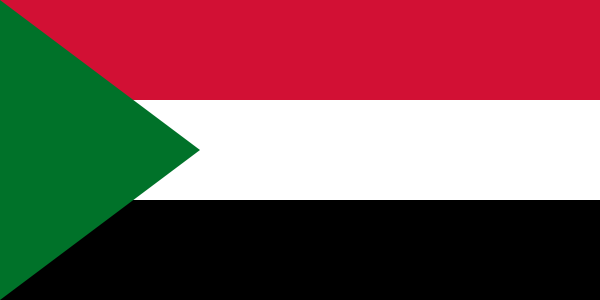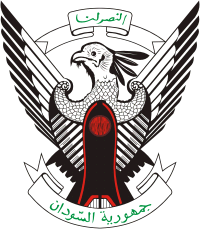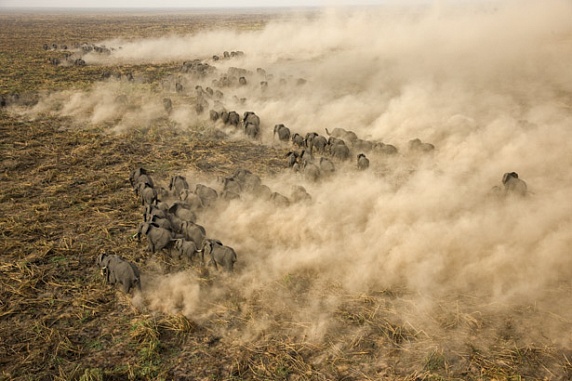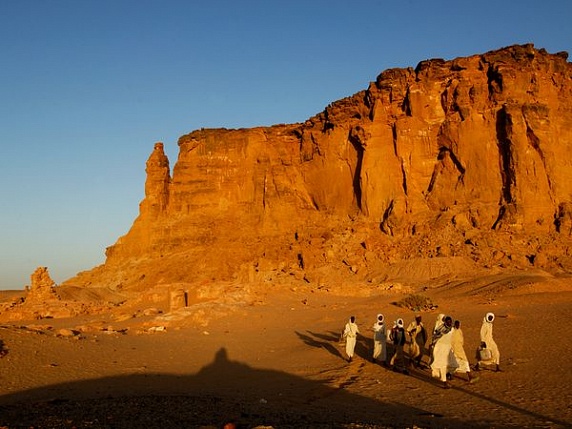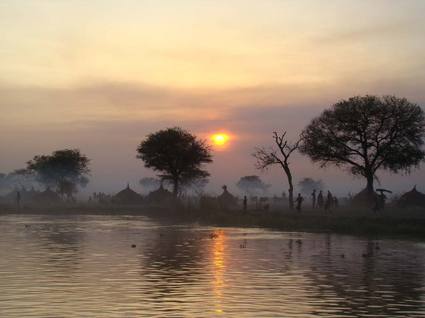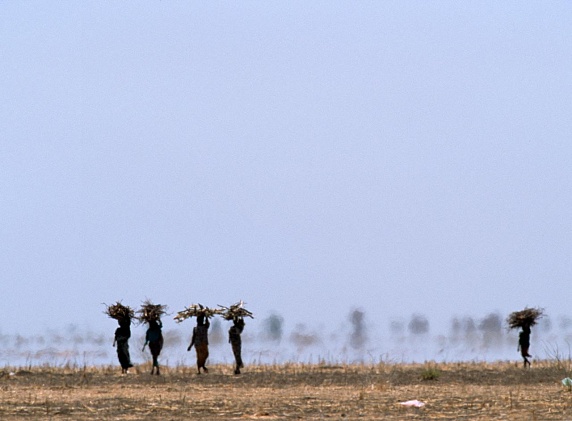 the Republic of the Sudan
the Republic of the Sudan
Foreign Minister Sergey Lavrov’s remarks and answers to media questions at a joint news conference with Foreign Minister of Sudan Mariam Al-Sadiq Al-Mahdi following talks, Moscow, July 12, 2021
Ladies and gentlemen,
We are happy to welcome the Sudanese delegation headed by Foreign Minister Mariam Al-Sadiq Al-Mahdi to Moscow. Our talks were very useful. We discussed a range of bilateral relations, cooperation in the UN and problems lined with the efforts of the international community to settle conflicts in Africa.
Last January we celebrated the 65th anniversary of diplomatic relations. During this period, our political dialogue, economic cooperation and humanitarian links have reached a fundamentally new level.
Today, we confirmed our intention to continue implementing top-level agreements, in part, those that President of Russia Vladimir Putin and Chairman of the Sovereignty Council of Sudan Abdel Fattah Abdelrahman al-Burhan reached during their talks on the sidelines of the Russia-Africa Summit in Sochi in October 2019.
Last February, we had lengthy talks with Prime Minister of Sudan Abdalla Hamdok on the sidelines of the Munich Security Conference.
In the economic area, we have the Russia-Sudan Intergovernmental Commission on Trade and Economic Cooperation. Recently, our Sudanese friends appointed a new chair who is the Minister of Oil, Gas and Mineral Resources. Our co-chair is the Minister of Natural Resources and Environment, Alexander Kozlov. Ms Al-Sadiq Al-Mahdi will be meeting with him tomorrow. I am sure this will help fix the dates for the next commission meeting and the working group on geology operating under its auspices.
We also support the ongoing activities of the Russia-Sudan Business Council that fosters cooperation between the business communities of the two countries.
We reaffirmed our unwavering support for the efforts of the Sudanese leaders to reach national accord in this transitional period of national development and to resolve complicated domestic socio-economic issues. Thus, Russia consistently advocates the lifting of sanctions introduced by the UN Security Council in 2004. They have lost any sense under the current conditions and have even become an obstacle in the way of national progress.
We talked about the need to develop international cooperation based on the UN Charter without double standards and to facilitate the settlement of various conflicts, especially in the Middle East, North Africa and the rest of Africa exclusively through peaceful political and diplomatic means.
From these positions, we exchanged views on the developments in the Palestine-Israeli and the Syrian settlements and the situation in Libya after the recent Berlin Conference. We agreed to maintain close coordination on these and other issues in the UN. We informed our colleagues about Russia’s implementation of the agreements reached at the first Russia-Africa Summit in October 2019 and told them about the steps we are taking in cooperation with the African Union leaders on preparing a new summit meeting between Russia and all members of the African Union.
We agreed to invigorate the work of the Russia-Sudan High-Level Working Committee co-chaired by the deputy foreign ministers of the two countries. The committee monitors the implementation of agreements in all areas of our cooperation.
I would like to thank Ms Minister for accepting our invitation. This allowed us to efficiently plan further cooperation.
Question: Now that the deadline for the US troop withdrawal in Afghanistan is approaching, Washington is making it clear that it wants to have a military foothold in Central Asia. Doesn’t this contradict CSTO security agreements?
Sergey Lavrov: The Americans have made many things ‘clear’ during their 20 years in Afghanistan, starting from proclaiming a victory for democracy and ending with a hasty withdrawal during which they left enormous amounts of military hardware and other equipment. The question about plans like this must be addressed to the Central Asian countries rather than the Americans. Let me recall that in addition to Central Asia they have already addressed Pakistan. The Pakistani leaders replied publicly that they would not even discuss this variant. Uzbekistan made a similar statement.
As for other Central Asian countries, Kazakhstan, Tajikistan and Kyrgyzstan are indeed members of the Collective Security Treaty Organisation (CSTO). Under its Charter, issues pertaining to a foreign military presence on the territory of any CSTO member are subject to approval within this framework. Personally, I don’t think the appearance of new US military facilities in Central Asia would promote security in this region.
Indicatively, none of these countries have expressed a need to hold consultations on this issue in the CSTO. In addition to commitments in the CSTO, there are strictly practical considerations. The Pentagon says they would like to have an opportunity to deploy their military resources around Afghanistan to have the ability to carry out a strike against this territory if necessary. I don’t think anyone is interested in becoming a hostage to such US policy and intentions, and in inviting retaliation.
If, having more than 100,000-strong NATO contingent at their disposal the Americans failed to do anything from inside the country, what results are they going to achieve with a much smaller presence outside Afghanistan? I think the answer is clear.
Most probably, they simply want to ensure their military presence in Central Asia and be able to influence the situation in this region. I believe all parties understand this and will proceed from the commitments that exist in various associations.
Question (to both ministers): On July 1, President of Russia Vladimir Putin submitted an agreement on building a Russian naval station in Sudan for ratification by the State Duma. Earlier, Sudan announced its decision to revise this agreement. Did you discuss this issue at the talks? What questions remain outstanding and, the main point, will this station be built?
Sergey Lavrov: We discussed this issue. We told our partners that the process of ratification is underway in Russia. As you know, our Parliament is between sessions now. When they return, the State Duma of the Russian Federation will review a schedule for discussing this document. Apparently, the next Duma session will deal with it.
Foreign Minister of Sudan Mariam Al-Sadiq Al-Mahdi reported that Sudan is also preparing for the start of the ratification process. It will follow the current procedures in the Sudanese parliament for this.
